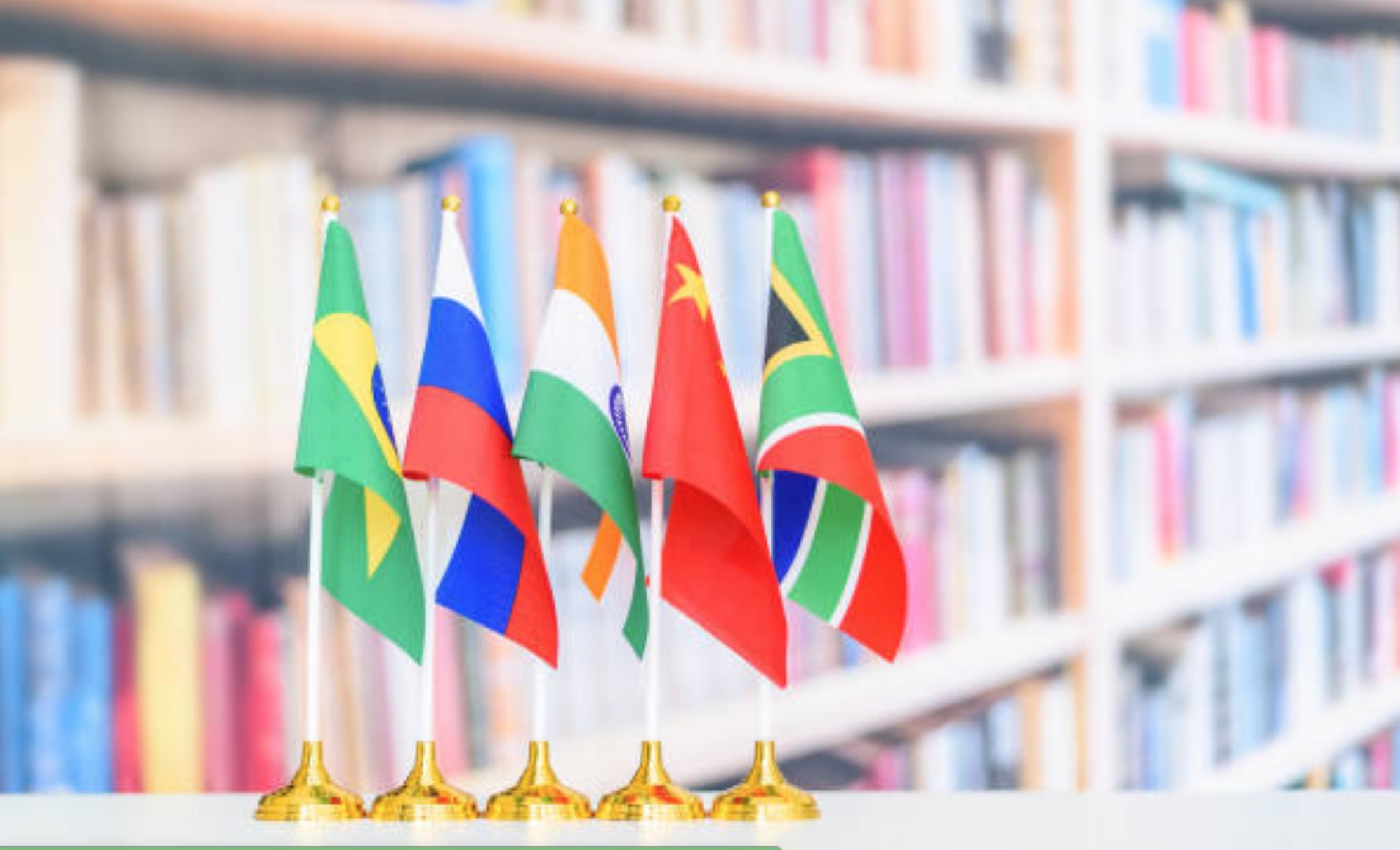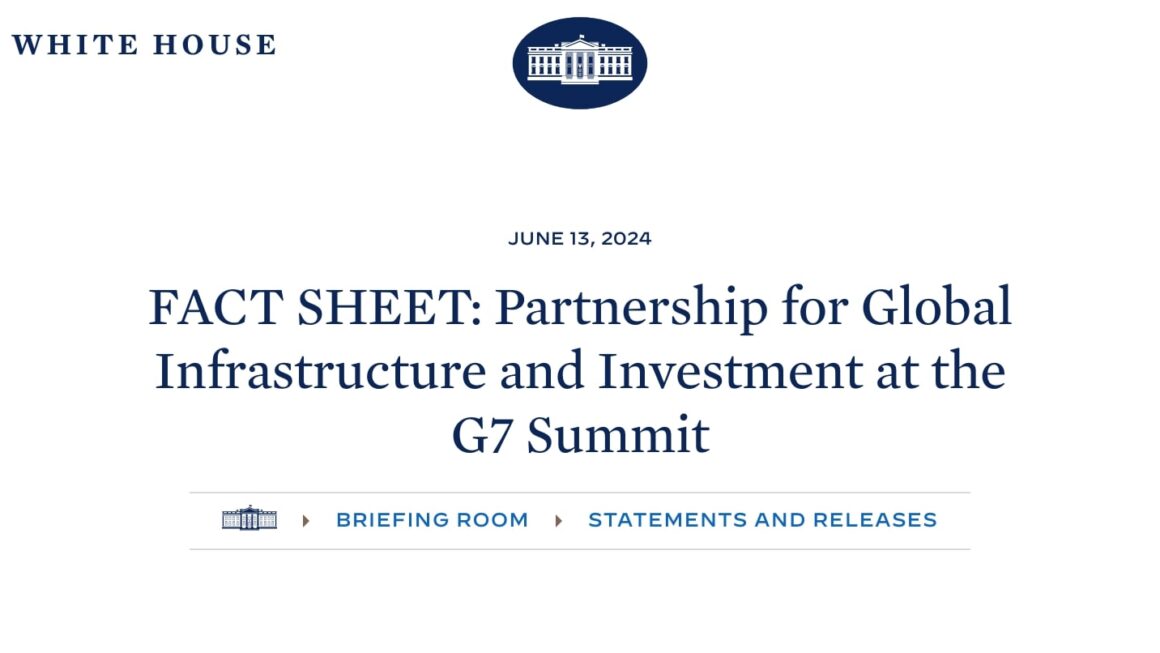In a significant development on the global stage, the BRICS nations have unanimously agreed to expand their developing world bloc. This decision marks a pivotal moment in international relations and reflects the growing influence of emerging economies in shaping the global geopolitical landscape.
BRICS, an acronym for Brazil, Russia, India, China, and South Africa, has long been recognized as an association of major emerging economies with the potential to reshape the world order. Originally established in 2009, the organization has primarily focused on enhancing economic cooperation, trade relations, and political dialogue among its member nations. However, the recent decision to expand the bloc signals a deeper commitment to advancing their collective interests and strengthening their global influence.
The expansion of BRICS holds numerous implications for the global arena:
1. Inclusivity and Geopolitical Balance: The expansion of BRICS underscores the desire of these emerging economies to create a more balanced and inclusive global order. By welcoming new member countries, BRICS aims to amplify the voices of developing nations on the world stage, ensuring that their concerns, priorities, and aspirations are taken into account in international decision-making processes.
2. Diversified Expertise and Resources: The inclusion of new members will bring a diverse range of expertise, resources, and perspectives to the bloc. This diversity could potentially lead to more comprehensive and well-informed policy discussions, particularly on issues such as sustainable development, infrastructure investment, and technology transfer.
3. Strengthened Economic Cooperation: BRICS has historically focused on economic cooperation, and the expansion of the bloc is expected to further enhance trade relations among member countries. The combined economic strength of these emerging economies can create new avenues for growth, investment, and technological innovation, potentially acting as a counterbalance to the dominance of established Western economies.
4. Enhanced Global Influence: With the expansion of the bloc, BRICS is set to increase its influence in international forums and negotiations. By presenting a united front on key global challenges, such as climate change, poverty alleviation, and reform of international institutions, BRICS can play a pivotal role in shaping the global agenda.
5. Multilateral Diplomacy and Conflict Resolution: The enlarged BRICS bloc is expected to play a more active role in multilateral diplomacy and conflict resolution. The diverse perspectives and experiences of its member nations could contribute to more effective mediation and peacekeeping efforts in regions experiencing political instability or armed conflicts.
6. Infrastructure and Development Initiatives: One of the potential areas of focus for the expanded BRICS bloc could be joint infrastructure and development projects. By leveraging their collective resources, these nations could address pressing developmental needs in various parts of the world, fostering inclusive growth and stability.
The decision to expand the BRICS bloc reflects the changing dynamics of the global order, where emerging economies are increasingly playing a central role in shaping political, economic, and social developments. As these nations work together to amplify their voices and assert their influence, the international community will be watching closely to see how this expanded alliance contributes to a more multipolar and interconnected world.
In conclusion, the decision of the BRICS nations to expand their developing world bloc is a testament to the increasing significance of emerging economies in global affairs. This expansion not only reflects their commitment to strengthening cooperation and solidarity but also highlights their determination to play a more active and influential role in shaping the course of international relations. As the expanded BRICS bloc begins to navigate the challenges and opportunities that lie ahead, its actions are likely to reverberate far beyond its member nations, shaping the future of the global stage.














